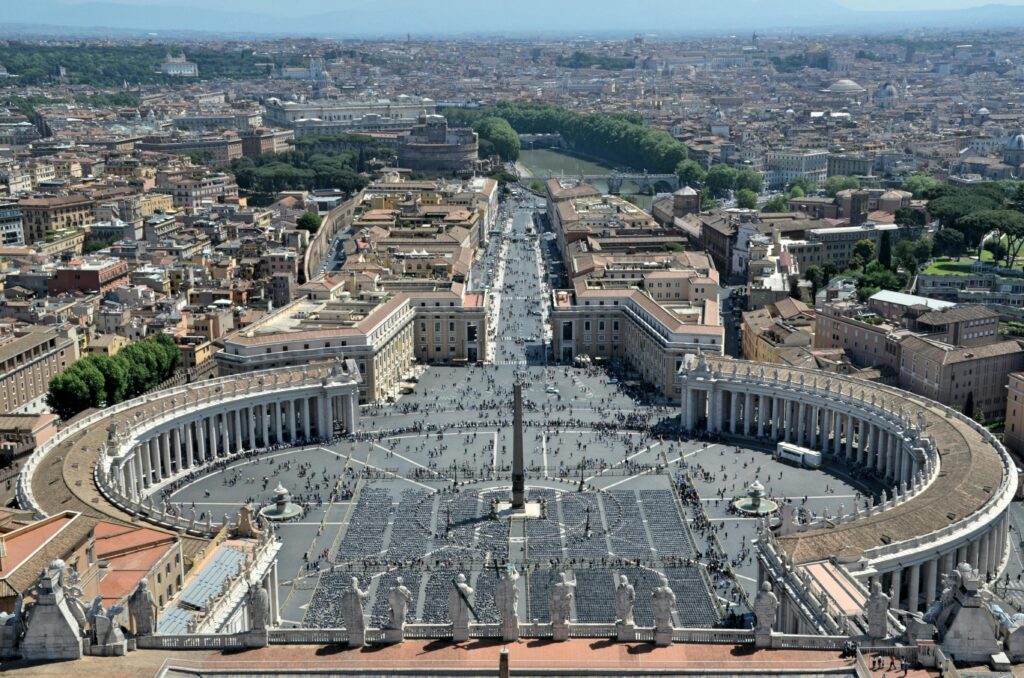The Most Important Mountains in the Bible
A Spiritual Journey

On many occasions, on Sundays at Mass, we hear references to various mountains in the Bible. But what do they really mean? Here is a brief cultural reflection on the six most important mountains mentioned in the Holy Scriptures.
Mount Sinai
Mount Sinai is where Moses received the tablets of God’s Law. This event is crucial because the Ten Commandments formed the basis of the Old Testament and remain vital to this day. When Jesus said, “A new commandment I give you: that you love one another as I have loved you,” he summarized the commandments. Loving God and your neighbor includes not killing, not stealing, not lying, and honoring your parents, among others.
Mount Carmel
On Mount Carmel, the prophet Elijah faced the prophets of Baal in a trial by fire. The prophets of Baal failed to call upon their god, while Elijah, after wetting his altar, called upon God to show His power and fire from heaven consumed everything. This event demonstrated the supremacy of the God of Israel and reaffirmed the people’s faith in Him.
Mount Zion
Mount Zion is known for being the place where King David built his palace, and nearby his son Solomon built the Temple. This mount symbolizes the unification and establishment of the kingdom of Israel under David and Solomon, being a place of great historical and spiritual importance.
Mount Moriah
Mount Moriah is significant for two reasons: Abraham was willing to sacrifice his son Isaac here, demonstrating his absolute faith in God, and later, Solomon built the Temple of Jerusalem on this spot. This mount represents sacrifice and unwavering faith in God.
Mount Tabor
On Mount Tabor the Transfiguration of Christ occurred. Jesus showed himself in all his divine glory before Peter, James, and John, conversing with Moses and Elijah. This event revealed Jesus’ divinity and strengthened the faith of his disciples.
Mount of Olives
The Mount of Olives is where Jesus prayed and sweated blood before being arrested. From here he began his journey to crucifixion. On this mountain, Jesus gave himself completely to the will of God, demonstrating his love and sacrifice for humanity.
These mountains are not only geographical places, but also meeting points between God and man, scenes of divine revelations and tests of faith. By knowing their importance, we can further deepen our understanding of the Bible and strengthen our faith.
Let us do all the good we can and may God bless you always.
Subscribe for more content and follow me on all my social networks.
Related

The Saint of Life and Joy
Exaudi Staff
03 April, 2025
4 min

A path of contemplation and encounter with the Redemptive Mystery
Exaudi Staff
03 April, 2025
3 min

An Encounter Between Art and Spirituality
Exaudi Staff
03 April, 2025
4 min

Holy Week 2025 at the Vatican: Calendar. Faith, Tradition, and a Long-Awaited Canonization
Exaudi Staff
02 April, 2025
1 min
 (EN)
(EN)
 (ES)
(ES)
 (IT)
(IT)

